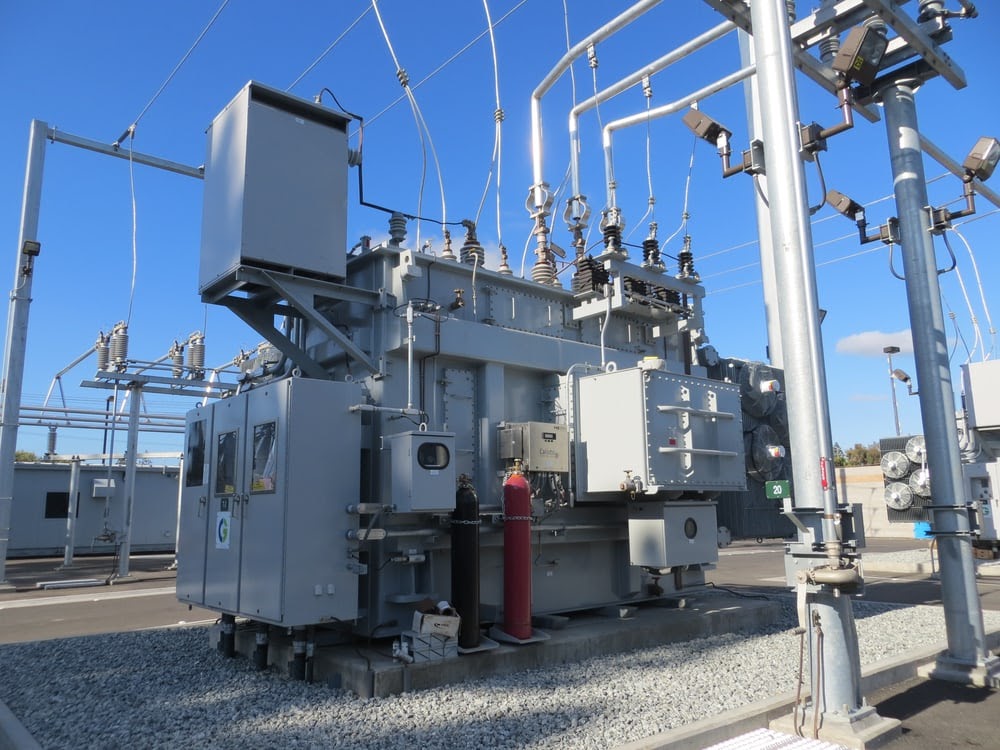
Power outages don’t occur often, but in case of an unfortunate event like extreme weather, power breakdowns can happen; halting daily activities. Generators can be a life-saver by providing you with uninterrupted power to keep household appliances running, keep your home illuminated, and your phones charged. There is a myriad of options to choose from when it comes to buying a generator that could fulfill your requirements. Today we will share with you some essential tips to help you buy the perfect generator that will provide you backup in case of an electricity breakdown.
Exploring Generator Types
The market is filled with a variety of generators ranging from easy-to-transport portable generators to hefty standby generators that could power your entire household. Different types of generators include permanently installed standby generators, portable generators, inverter generators, and power stations that store electricity and provide backup when necessary. As there are several types to choose from, the best way to move forward is to be clear about your power usage. If you have a big household with ample installation space, a standby generator would be the best option whereas people living in apartments might have to go for the option of portable power stations that only provide the stored electricity. There are even form factors and specific features that come with different types so make sure that you explore every option considering your power requirements.
If you are worried about how loud generators are, you can also go for an inverter generator that is known to produce less noise compared to others. Be sure to compare the features, pros, and cons of each type before making your final decision.
Understanding Your Requirements
Electronic appliances require a constant amount of energy to run properly. This energy requirement of the appliance is mentioned in watts. Similarly, generators have a power output that is also measured in watts. On average, the household wattage requirements range between 5000 to 7000 watts that can be fulfilled by a 10000 watt generator, so it is best to know the household power usage before you pick one. Start by making a rough list of appliances and their power requirements to know which generator would suit you the best. However, the output of the generator can decrease if it fails to deliver uninterrupted power due to low-quality materials or mechanical faults.
Generator Features
There are several form factors and features that improve the performance and ease of use. Besides utilizing these features, generators should always be operated according to the set safety precautions and practice them over time. Below are some features that you can look for when buying a generator.
- The automatic start option is available in various generator types that make the generator turn on automatically as power goes out.
- For people who want to start their generators manually the hassle-free way, the electric start feature can be considered.
- There are generators with the features of using an alternate type of fuel. For example, if the generator runs out of gasoline, you can shift its operation to run on natural gas or propane.
- The auto-shutdown feature is a great feature to look for in a generator as it ensures safety during malfunction and shuts down the generator to prevent further damage.
- A generator with multiple power outlets that help distribute the load is a good feature that will ensure safety.
There are still a lot of factors like the build quality, output voltage, warranty, repair, and replacement issues that should also be considered before purchasing a generator. We hope that you find the above-mentioned information useful and help you in making the appropriate decision.













